PROTECT YOUR DNA WITH QUANTUM TECHNOLOGY
Orgo-Life the new way to the future Advertising by AdpathwayAnalysis: Federal Election Monitors and Rising Tensions in California
The deployment of federal election monitors in California on November 4, 2024, has ignited a fierce debate, illustrating deepening divisions surrounding election integrity in the U.S. At the heart of the controversy is a call from the California Republican Party, which has raised concerns over potential irregularities in the voting process. California Governor Gavin Newsom has denounced the decision, claiming it constitutes an act of voter suppression. He stated emphatically, “They have no business doing that!! This is about voter suppression!” Such strong words reflect not only his apprehension about federal involvement but also an underlying fear of diminishing voter turnout.
Federal officials from the Department of Justice insist that their initiative aims to promote transparency and protect eligible voters. They are particularly focused on five key counties known for their complex electoral landscapes and significant political importance. The monitors are meant to observe and report, with assurances from DOJ spokespeople that they will respect voter anonymity and poll worker autonomy. However, as the deployment looms, questions are surfacing about whether these monitors will bolster confidence or instill fear among the electorate.
This tension is magnified by the backdrop of Proposition 50, a ballot measure introduced by Newsom that has stirred political contention. Critics argue that its passage could skew the state’s redistricting process in favor of Democrats, raising suspicions about why the federal monitors are needed now. The GOP’s appeal for oversight, citing reports of voter roll irregularities and mishandled mail-in ballots, underscores the effort to confront perceived vulnerabilities. It also fuels Democratic claims of unwarranted interference.
Adding complexity to the situation is the historical context of federal oversight. Although this is not the first instance of federal monitors in California, the current uproar reflects heightened sensitivity in a politically polarized landscape. The fallout from former President Trump’s allegations about voter fraud has softened the ground for such requests by state Republican parties, exemplifying the echoes of mistrust that permeate voting rights conversations.
Local officials present a divided perspective. On one hand, Orange County’s Registrar Bob Page claims his elections are “accessible, accurate, fair, secure, and transparent,” suggesting some level of cooperation with federal monitors. On the other hand, Newsom’s team and California Democrats continue to push back against what they perceive as intimidation tactics. Critics argue that federal involvement lacking solid evidence of wrongdoing can be seen as a means to suppress votes, especially among vulnerable populations.
The issues raised by the upcoming election are not exclusive to California. Similar disputes have arisen in New Jersey, where DOJ monitors are also set to oversee polling due to analogous concerns over voting irregularities. The juxtaposition of these cases illustrates an emerging trend among Republican parties seeking federal oversight in battleground areas. Critics from both states contend these actions are cloaked responses to anticipated electoral challenges rather than genuine attempts to safeguard the ballot process.
Polling data highlights the stark partisan divide on trust in voting systems, with a significant portion of Republicans questioning the integrity of elections compared to a smaller fraction of Democrats. In this context, the narrative plays into a broader national discourse about election security and access—a topic fraught with complications and interpretations.
The legal framework governing the presence of federal monitors is another area of contention, as the lack of established federal cases for the targeted counties raises questions about the legal standing of this intervention. Challenges could emerge, asserting that federal oversight lacks the legitimacy of local consensus or court direction, further complicating the situation.
As federal monitors prepare to enter California’s polling locations, the dynamics around Election Day highlight a fragile trust in election systems, already strained by partisan rhetoric. While some argue that oversight could enhance confidence in the electoral process, others fear that the presence of federal officials will lead to diminished voter turnout and increased tension among local electors. The outcome of this operation could set a precedent that influences how election integrity is perceived and managed across the nation in the years to come.
"*" indicates required fields


 14 hours ago
3
14 hours ago
3

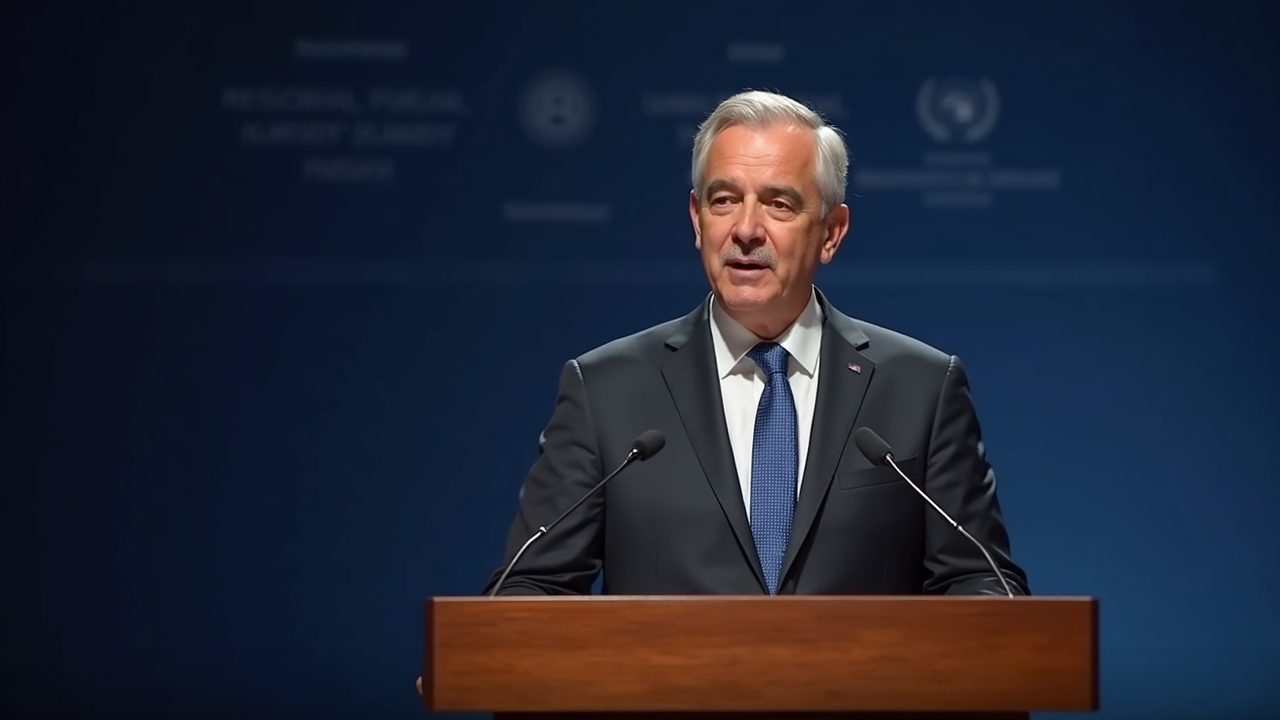
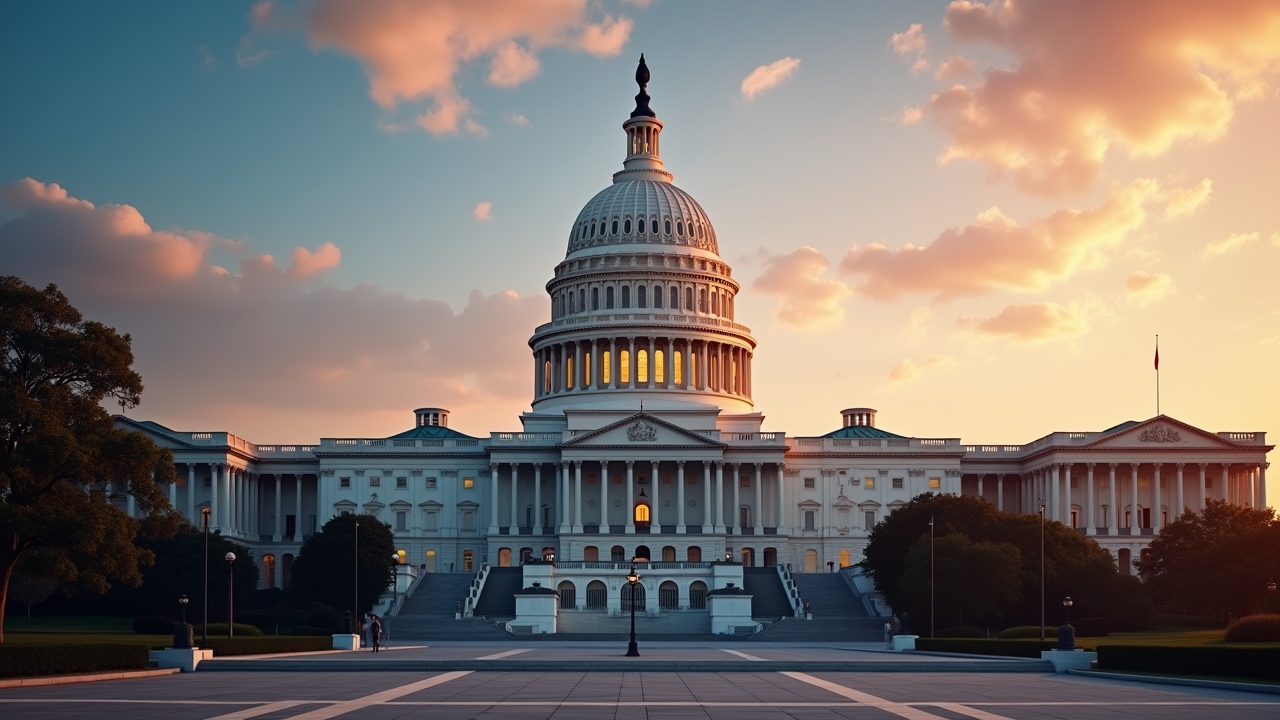
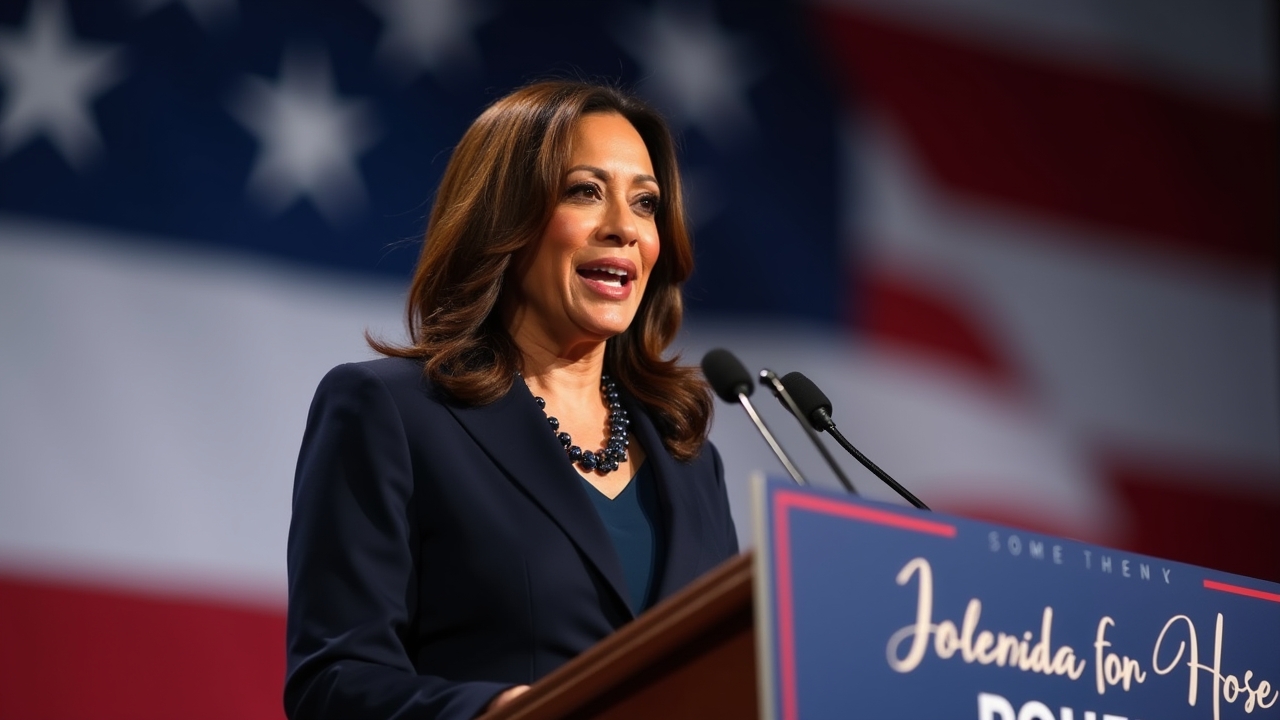

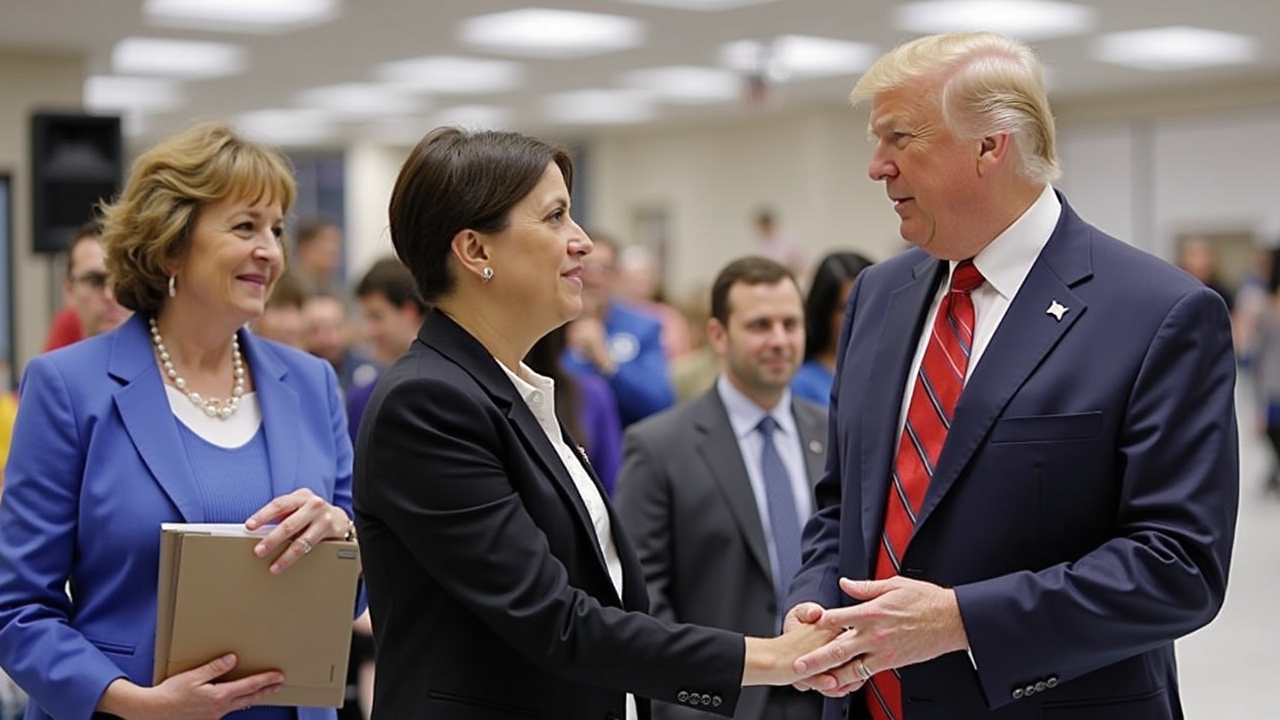

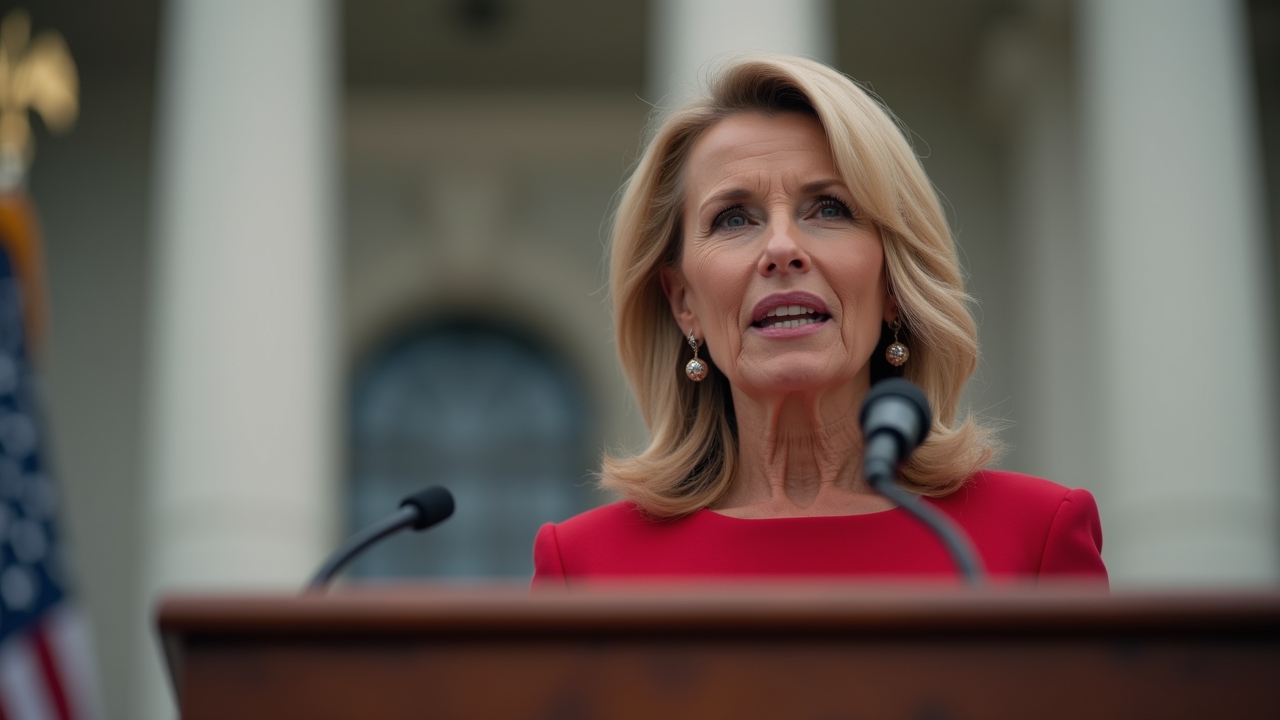










.jpg)






 English (US) ·
English (US) ·  French (CA) ·
French (CA) ·